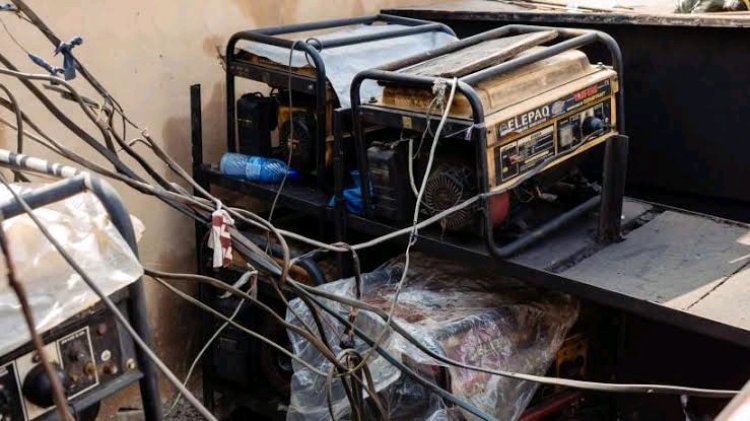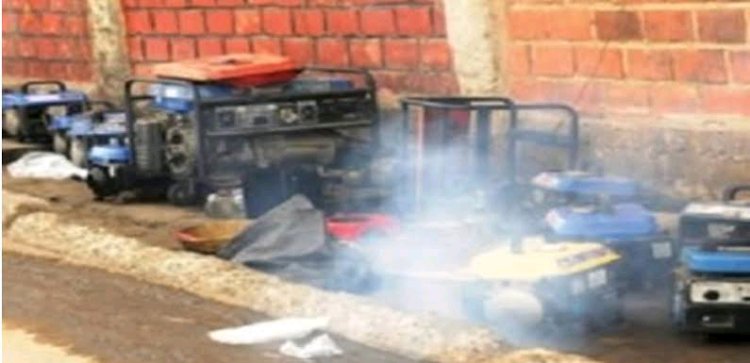Seven University Students Die from Generator Fumes in Nigeria
The victims, undergraduates from Niger Delta University (NDU) in Amassoma, were engaged in the music recording business to support their education. Six bodies were discovered Tuesday morning, while one unconscious student was rushed to a hospital but later died.

At least seven university students have died after apparently inhaling fumes from a generator in a music studio in Bayelsa state, Nigeria.

The young men were reportedly working late into Monday night and fell asleep in the locked studio with the generator still running. Police suspect they suffocated from carbon monoxide emissions, though investigations are ongoing.
READ ALSO:Nigerian Army University Biu Holds It's 6th Matriculation Ceremony
The victims, undergraduates from Niger Delta University (NDU) in Amassoma, were engaged in the music recording business to support their education. Six bodies were discovered Tuesday morning, while one unconscious student was rushed to a hospital but later died.
Residents raised the alarm when they saw the bodies through the studio window. Police arrived, cordoned off the area, and removed the bodies from the Amarata area of Yenagoa, the state capital.
“Investigations are being carried out but based on what we have seen, carbon monoxide poisoning due to generator fumes is a possible cause,” said police spokesperson Musa Mohammed.
Many Nigerians rely on diesel- or petrol-powered generators due to inadequate power supply. This is not the first incident of generator fumes causing deaths in Nigeria; in 2009, 13 family members died from similar circumstances in Imo state.
Nigerians use backup generators for about 40% of their electricity needs, according to the International Energy Agency (IEA). Despite being a major oil and gas producer, Nigeria's grid power supply remains erratic.
In response to such issues, President Bola Tinubu recently ordered all government agencies to purchase only vehicles and generators powered by natural gas to transition to cleaner energy and reduce fuel costs.





